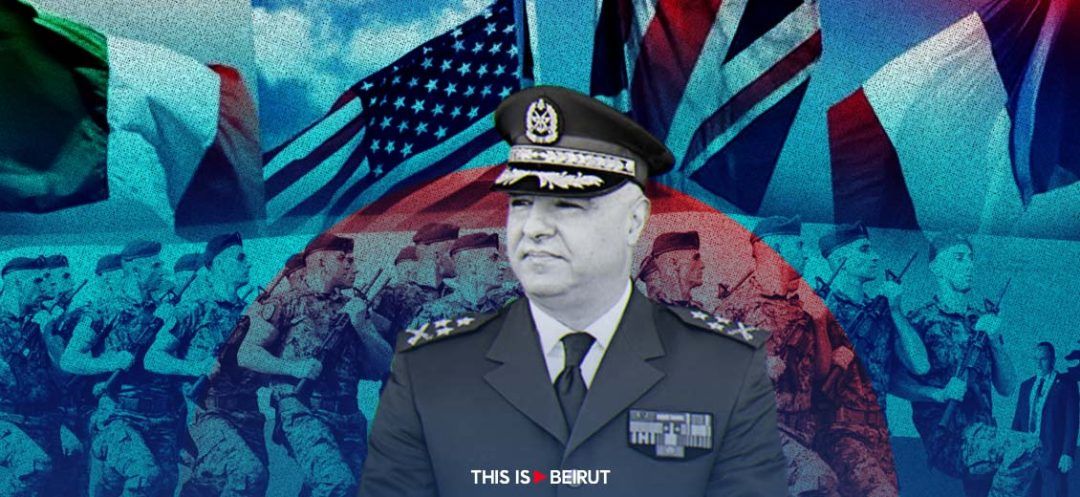
Significant international support is currently being extended to the Lebanese Army. The international community places great reliance on the institution's pivotal role and legitimacy as the sole and legal protector of the country, a sentiment shared by the majority of the Lebanese population. Diplomatic envoys have consistently advocated for support and the implementation of UN Resolution 1701 during their visits to officials in Beirut, with a particular focus on engagements with Army Commander-in-Chief General Joseph Aoun. This call for action has intensified due to the escalating frequency of bombardments along the southern border involving Iran-backed Hezbollah and the Israeli military, which has coincided with the alarming developments in the Gaza war.
However, ceasefire negotiations in Gaza are ongoing, with US President Joe Biden stating on Monday that an imminent agreement has not yet been reached. The suggestion is to achieve a mutual understanding by the following week. Concurrently, the unwavering international support for the Lebanese Army is set to materialize in informal consultations in Rome, at a technical-military level. These consultations aim to assess the Lebanese Army's needs and status, preparing for its deployment and full military control on the southern border. General Joseph Aoun was on his way on Friday morning aboard an Italian military plane to attend this conference he’d been invited to participate in.
Major Powers Rely on the Lebanese Army
Journalist Youssef Diab said to This is Beirut that the upcoming conference in Rome underscores the international community's commitment to strengthening the Lebanese Army. It focuses on providing the necessary equipment and resources to fulfill its assigned missions. Diab noted that major powers see the LAF as a crucial institution ensuring the country's security and stability, preventing the presence of any other armed forces.
According to Diab, the Lebanese Army is prepared to deploy in the south pending a political decision by the government. Although currently deployed alongside UNIFIL forces, it lacks full deterrent authority. Diab believes that in the subsequent phase, the Army will assume military control in the southern region to counter any potential Israeli violations after the expected settlement.
To address deficiencies caused by a multidimensional crisis, international assistance will include financial, logistical, and armament support. Logistical support involves vehicles, uniforms, and food supplies, ensuring the Army is well-equipped for internal security and border protection. Diab clarified that the armament provided will be limited and suitable for the Army's tasks, not extending to fighter jets or intercontinental missiles.
Approximately 15,000 soldiers might be enlisted in the Army, considering the absence of recruitment or training courses in the past five years. Diab highlighted that activating this issue will bring new blood and elements to the Army, filling vacancies left by retired or departed soldiers and officers.
Despite the country's crises, Diab stressed that the Army continues to receive financial and logistical support from friendly countries, including the United States, Qatar, Saudi Arabia, and others.
International Support Details
An Italian diplomatic source emphasized Italy's consistent support for Lebanon's stability and security. The informal consultations in Rome aim to coordinate joint support for both UNIFIL and the Lebanese Armed Forces, aligning with the implementation of Resolution 1701.

Furthermore, a French diplomatic source highlighted the importance of fully implementing UN Security Council Resolution 1701 to restore calm on the southern border. France has provided material and financial aid to the Lebanese Army, with 5 million and 750 thousand euros allocated for the years 2021 to 2023.
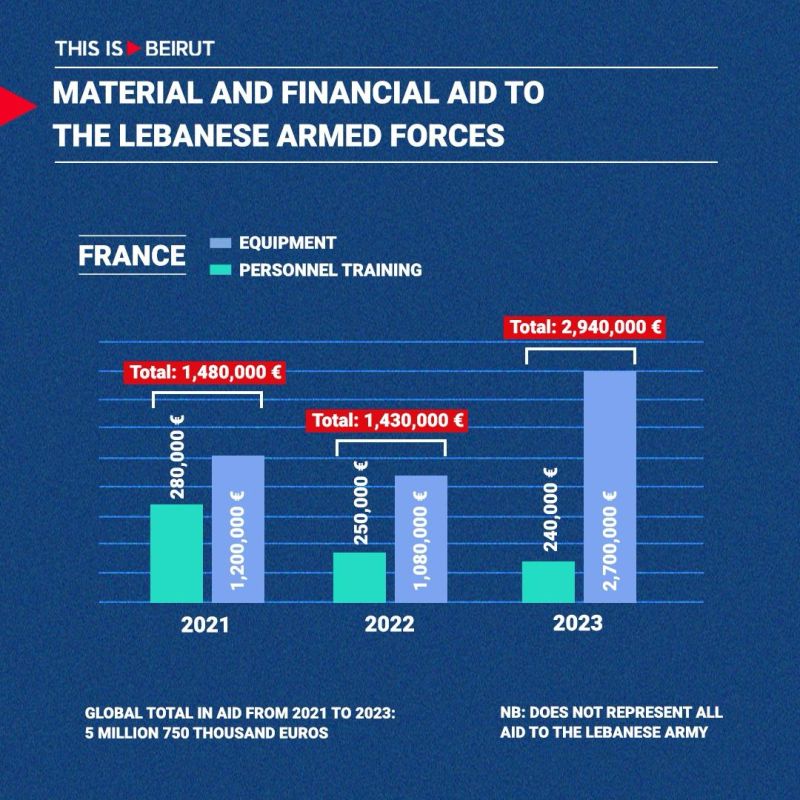
The US Embassy in Beirut reaffirmed the United States' commitment as Lebanon's primary security assistance partner. Since 2006, over $3 billion has been invested in the Lebanese Armed Forces, with an additional $200 million in the Internal Security Forces.
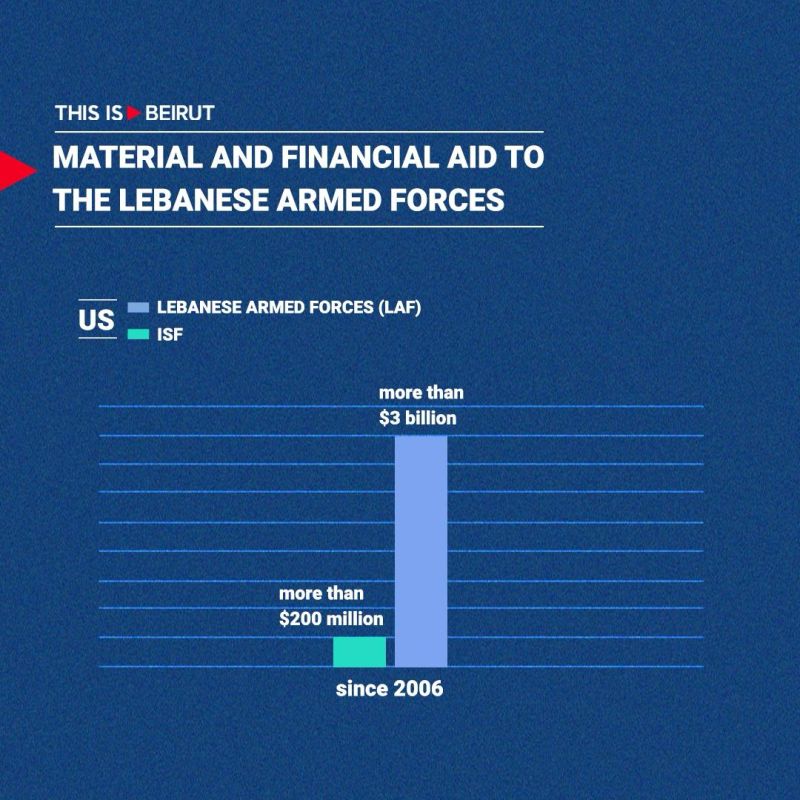
Therefore, the international community's collective efforts signal a strong commitment to supporting the Lebanese Army, reinforcing its capacity amid regional concerns and ongoing ceasefire negotiations.
In conclusion, as Lebanon readies its written response to the French proposal aimed at resolving the situation in southern Lebanon in coordination with Hezbollah, concerns are mounting over the potential escalation of the conflict into a full-fledged war, as indicated by recent sources and intelligence reports. Amid this uncertainty, one unwavering fact persists — the Lebanese Army stands as the singular military institution upon which the country and Western powers depend in the post-war scenario.
Read more

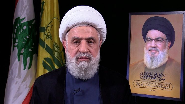
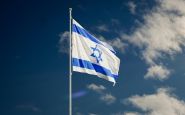

Comments